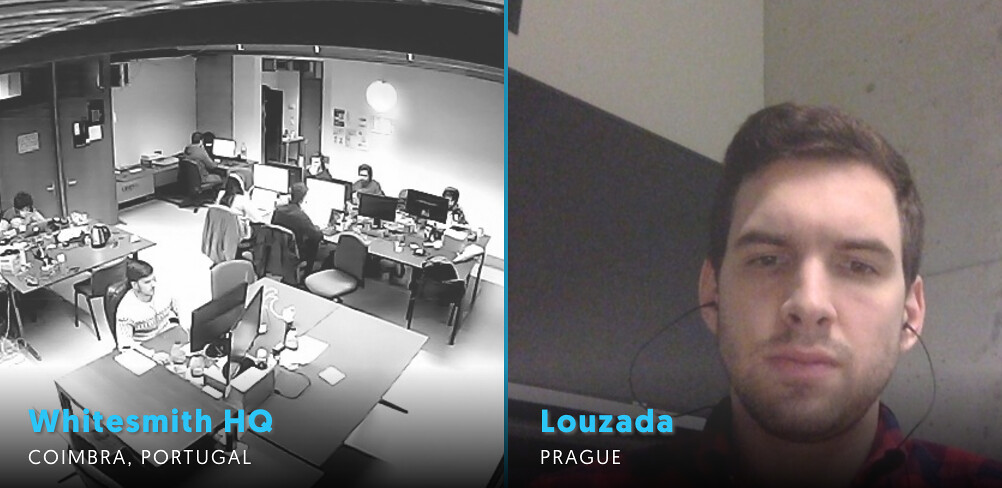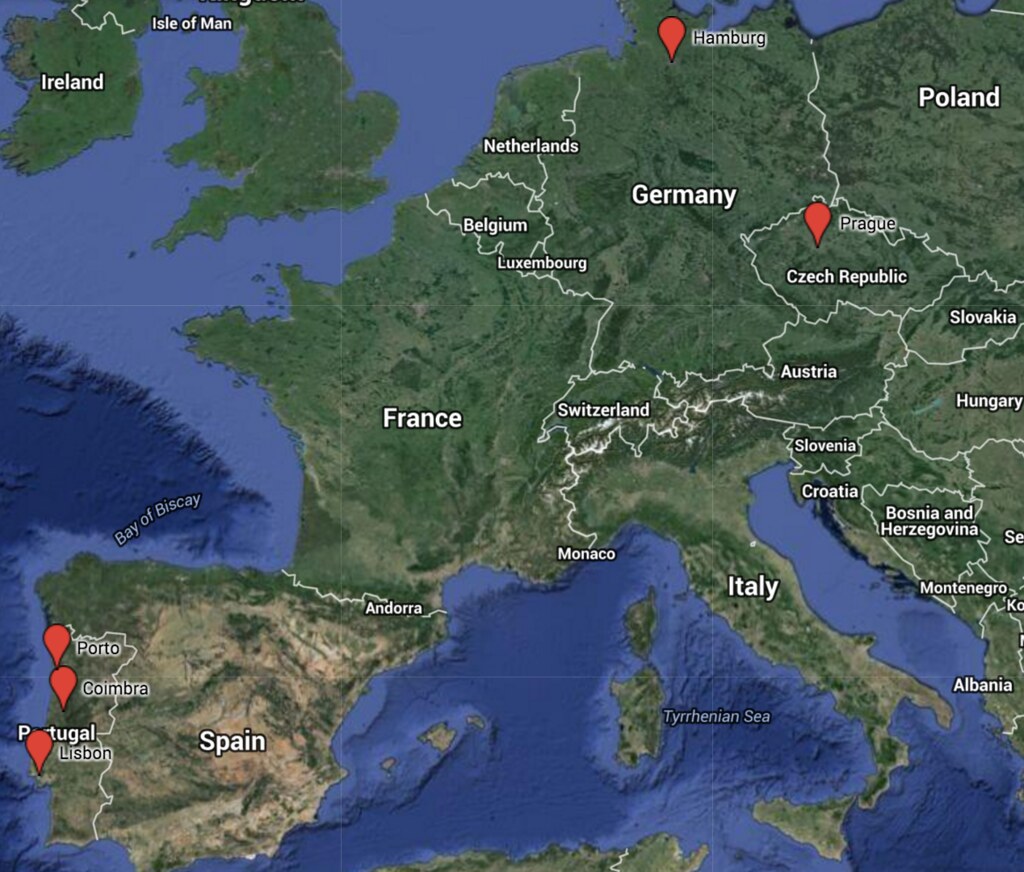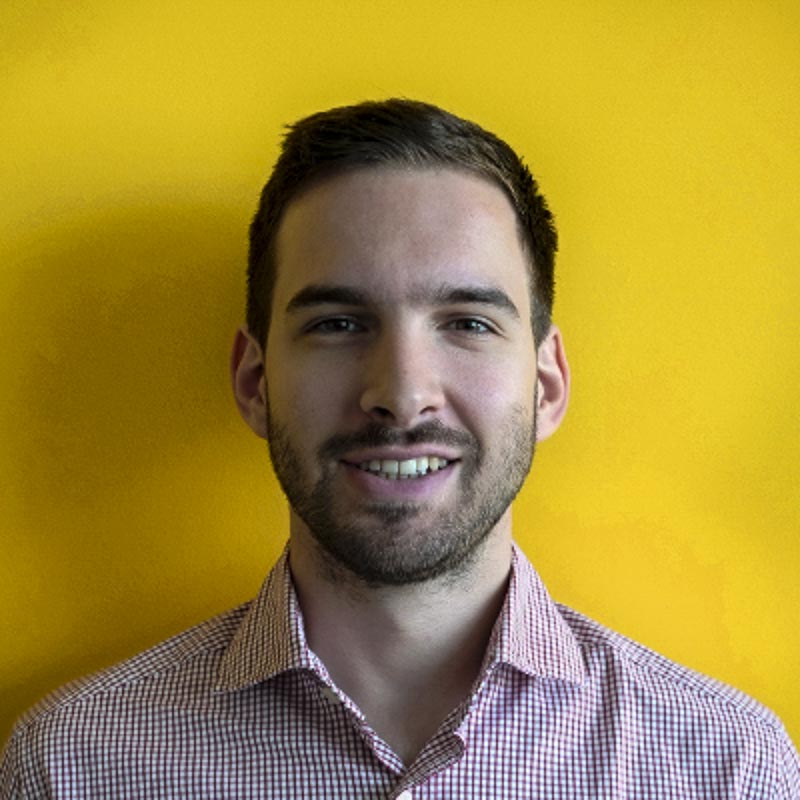
2015 was year of change for me. Exactly one year ago I started helping at Whitesmith, and since day one I felt I was now working on a different environment. A very good one. I won’t get into details about all our culture and how we keep trying to improve it. I’ll just talk about one of the things that make a happy Whitesmithian: my remote experience.
I ain’t a programmer. I handle administrative tasks, I do code from time to time (for our internal garden), I try my best to keep a team (our very own Qold team) up and running, amongst many other things that keep showing up and need to be solved. Still, in 2015, I worked from Coimbra (our Portuguese HQ), Porto, Lisbon, Prague, Hamburg and hope to try more cities this year. Why? Because it makes me happy, which helps me produce more, help more. Obviously, because I can.
One year ago I wouldn’t dare to think I’d have this possibility. And for most of the year, I’ve been in Coimbra, because that’s where I live. In the beginning, I wanted to be near the HQ most of the time, to drink the company’s culture and get integrated quickly (even though by then, some of us were already remotes). But eventually, I had the opportunity of staying almost 4 weeks in Prague (2 in October and 2 in November) and 4 days in Hamburg, apart from sporadic stays in Lisbon and Porto. And it wasn’t holidays, I was working, just like I do in Coimbra. How? I’ll try to tell you the best I can.
First: at Whitesmith, we try hard to provide a remote-first environment. As our remote community is growing, we keep pushing to get our work method as remote-friendly as we can. Using agile methodologies, using external tools like Slack, Hangouts and Trello to keep our teams coordinated, using Github for version control, creating our own tools to make sure no remote is alone, always minding our remote-feedback, looking for ways to improve. Every day I am physically far, I am near my team, having daily meetings with them, reviewing tasks. Our goal is that there is no difference between working at the HQ or remotely.

Second: I work with people that embrace this as something good, helping each others feeling the best we can at work. In fact, routines (like stand-up and retrospective schedules) can be adjusted, just as you do at a regular place, in order to improve productivity and everyone’s well-being. What we do is find the balance and adjust to the team’s needs, as long as that reflects in a better work, while looking for a set of good practices that should be followed, ensuring no one is left behind. As we work in teams, we must guarantee great communication and sync between people.
Third: the modern world is remote friendly. There is Internet access around the corner, and the entities we work with also do it in a way that we can cooperate with them remotely. So for example, I handle a part of the company’s finances, which involves papers. Our accountants know that and let us deliver most of the documents digitally, using Dropbox.
To tell the truth, my daily routine, while I was away (for example in Prague), was very similar to the one I have at home, in Coimbra. Get up, leave home, go to a place where I can connect to the Internet, get online, work, eat, work more, have meetings (seeing the faces of my team!), get tired, get home, eat, have some fun watching a movie or going out to get a drink, rest. Start again.

To be honest, as I’m writing this I’m preparing to work remotely tomorrow, even though I’m close to the HQ. I’m glad I have this opportunity, but to be a part of this also means keep trying to improve our remote culture.
I said in the beginning that I stayed close to get integrated quickly. We work every day to (indirectly) prove that I was wrong, to get to the day a remote person doesn’t need to be physically at the office to speed this process.
Are we there yet? I don’t know, but we’re closer and will keep pushing that way.
The Non-Technical Founders survival guide
How to spot, avoid & recover from 7 start-up scuppering traps.
The Non-Technical Founders survival guide: How to spot, avoid & recover from 7 start-up scuppering traps.

